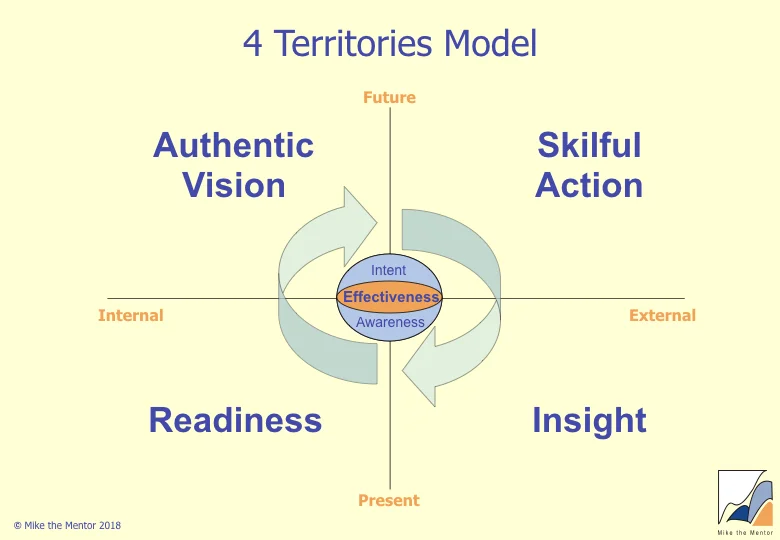Happiness
/Many years ago whilst an undergraduate at University College London I used to walk past a large glass-fronted case in which sat Jeremy Bentham (or at least his clothed skeleton topped by a waxwork head - see him here). In the 18th century Bentham proposed that the purpose of society be "the greatest happiness of the greatest number". And maybe this is an idea whose time is coming. For although average incomes have more than doubled over the last 50 years, people are on average no happier today than they were then - and they're realising it!
One country, Bhutan, has already set as its national goal maximising happiness and has put GNH (Gross National Happiness) at the heart of government policy - but then rather blew it the following year by deciding to licence TV for the first time - TV being a significant contributor to reduced happiness. Closer to home the then leader of the Tory party, David Cameron, said "Improving our society's sense of well-being is, I believe, the central political challenge of our times." Subsequent Tory leaders have signally failed to act on this belief.
Though few commercial organisations make happiness their central goal, they do exist. The best known in the UK is the John Lewis Partnership (JLP). Its former chairman, Sir Stuart Hampson, told me that he had 3 key jobs as the leader of the Partnership: to manage the culture; to hold the long-term vision; and to promote happiness. This last arises directly out of the JLP Constitution which states: "The Partnership's ultimate purpose is the happiness of all its members, through their worthwhile and satisfying employment in a successful business".
So, what are the secrets of happiness? Research shows that, on average, you will be happier if you:
compare yourself with others who are less successful or fortunate than you are.
settle for what is 'good enough' rather than seeking to have the most.
seek to do things that have intrinsic meaning rather than live from one pleasure or reward to another.
care about others rather than be preoccupied with yourself.
absorb yourself in some goal outside yourself.
recognise that happiness depends as much on your inner life as on your external circumstances - learn to accept yourself more fully.
One simple way to increase your happiness is simply to note down, several times a day, your level of happiness on a scale from 0 to 10. Simply focusing your attention in this way can in itself cause your overall level of happiness to increase. Try it! But do it with curiosity and without judgement.
(For more on happiness, including what affects happiness at the societal level, see Richard Layard’s book Happiness: Lessons from a New Science.

